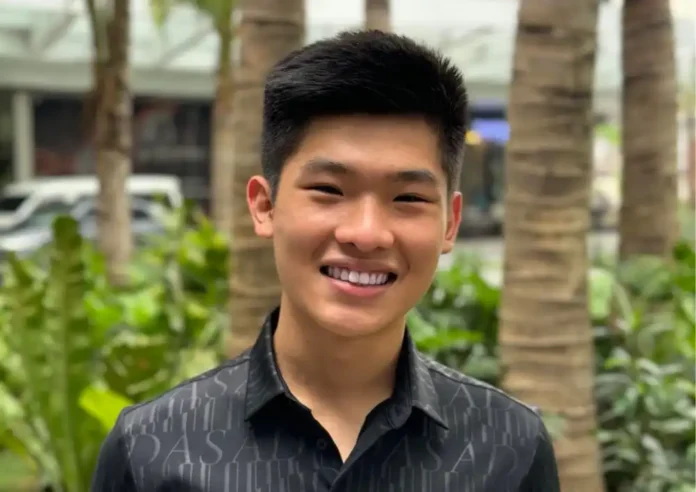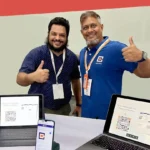In the early days of a startup, most founders carry a quiet burden: the uncertainty of whether their ideas matter, whether they’re solving something real, or simply chasing noise. For Gen Z entrepreneurs across Southeast Asia, this question feels even heavier. With limited access to mentors, fragmented ecosystems, and a tendency to work in isolation,…
RELATED ARTICLES
© NewInAsia.com 2025







